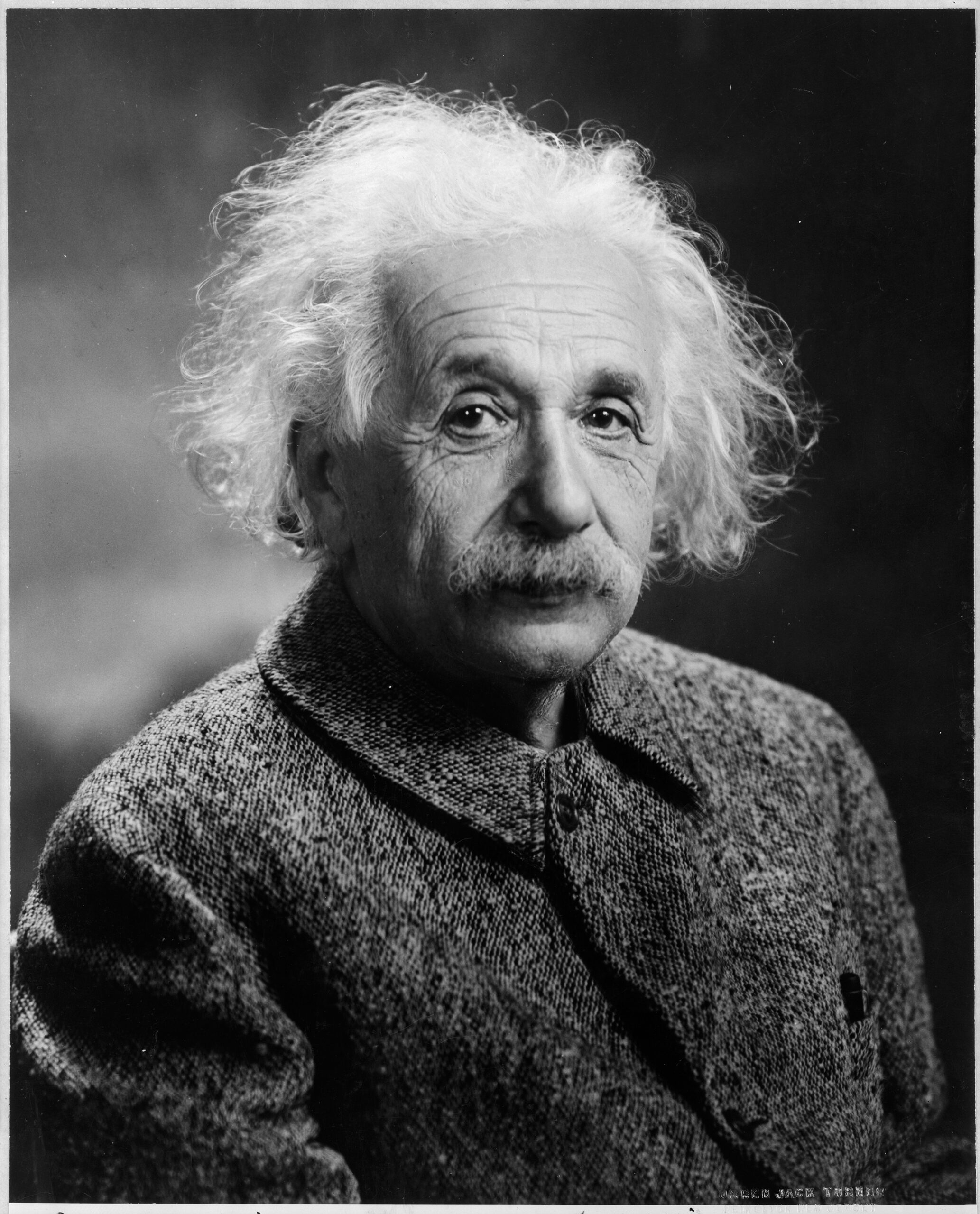This article compares and contrasts the lives, theories, and impact of Albert Einstein and Stephen Hawking, two of the greatest minds in the history of science. Einstein’s theory of relativity revolutionized our understanding of space and time, while Hawking’s work focused on black holes and the origins of the universe. Both scientists had a profound impact on modern science and society, despite their differences in personal beliefs and backgrounds. Einstein was a pacifist and civil rights supporter, while Hawking was an atheist and disability rights advocate. However, both shared a deep curiosity about the universe and a relentless drive to uncover its mysteries.
The Battle of the Brains: Einstein vs. Hawking
Introduction
Albert Einstein and Stephen Hawking are two of the greatest minds in the history of science. Both have contributed significantly to our understanding of the universe through their groundbreaking research and theories. In this article, we will compare and contrast their lives, their theories, and their impact on science and society.
Background
Albert Einstein was born in Germany in 1879 and became a Swiss citizen in 1901. He is best known for his theory of relativity, which revolutionized our understanding of space and time. Stephen Hawking was born in England in 1942 and was a leading figure in the field of theoretical physics. He made significant contributions to the study of black holes and the origin of the universe.
Theories
Einstein’s theory of relativity proposed that time and space are interwoven aspects of a four-dimensional “fabric” known as spacetime. His famous equation, E=mc2, showed that mass and energy are interchangeable. Hawking’s work focused on the nature of black holes and the origins of the universe. He proposed that black holes emit radiation, known as Hawking radiation, and that the universe began as a singularity.
Impact
Einstein’s theories have had a profound impact on modern science and society. They have been instrumental in the development of technologies such as GPS and nuclear energy. Hawking’s work has also had a significant impact on our understanding of the universe, particularly in the field of black hole physics.
Personal Life
Einstein was a pacifist who opposed war and violence. He was also a staunch supporter of civil rights and advocated for the rights of oppressed minorities. Hawking was an atheist who did not believe in an afterlife. Despite being diagnosed with a debilitating illness, he continued to pursue his research and became a leading advocate for disability rights.
Conclusion
In conclusion, both Einstein and Hawking were brilliant scientists who made groundbreaking contributions to our understanding of the universe. Einstein’s theory of relativity and Hawking’s work on black holes and the origins of the universe have had a profound impact on modern science and society. Despite their differences in personal beliefs and backgrounds, both scientists shared a deep curiosity about the universe and a relentless drive to uncover its mysteries.
